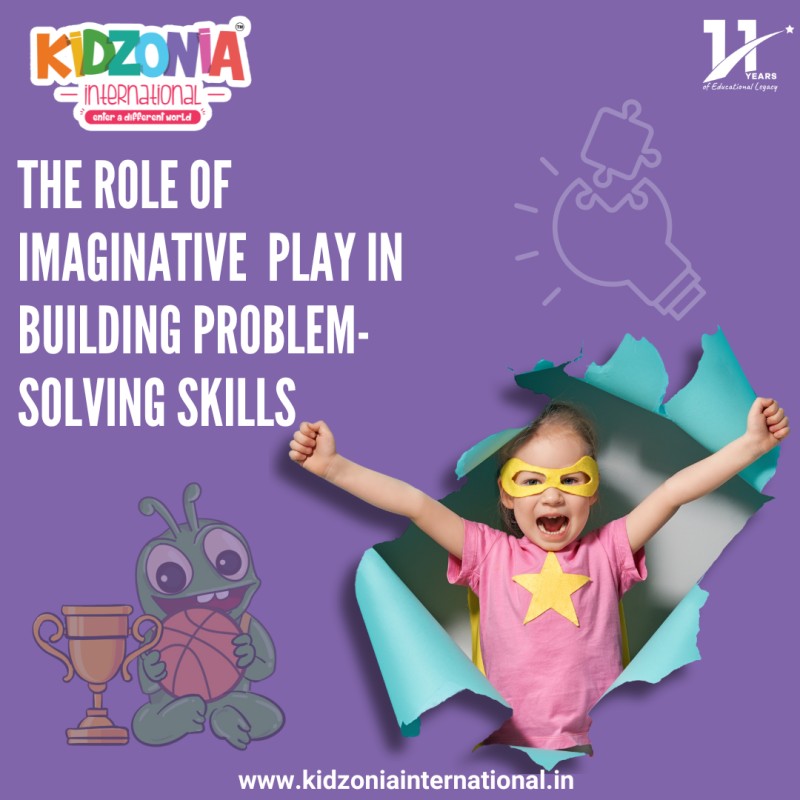The Role of Imaginative Play in Building Problem-Solving Skills
Imaginative play, often referred to as pretend play or make-believe, is a cornerstone of childhood development. Beyond the joy it brings, this form of play is instrumental in cultivating problem-solving skills that children carry into adulthood. By engaging in imaginative scenarios, children learn to navigate complex situations, think critically, and develop creative solutions.
The Connection Between Imaginative Play and Problem-Solving
Imaginative play allows children to explore various roles and scenarios, enabling them to encounter and address challenges in a controlled environment. For instance, when children role-play as doctors treating a sick patient or adventurers embarking on a quest, they are presented with problems that require resolution. Through these activities, they practice critical thinking and decision-making skills. As noted by Therapy Focus, "Imaginative play... boosts the development of problem-solving and self-regulation skills."
Enhancing Cognitive Flexibility Through Play
Engaging in make-believe scenarios requires children to think flexibly and consider multiple perspectives. This cognitive flexibility is a key component of problem-solving, as it allows children to adapt to new situations and view challenges from different angles. The Genius of Play emphasizes that imaginative play encourages children to "step back and observe the issue from all angles, determining the best approach based on all the factors."
Social Problem-Solving in Group Play
When children engage in group imaginative play, they must navigate social dynamics, negotiate roles, and collaborate to create shared narratives. These interactions teach them how to resolve conflicts, understand others' viewpoints, and work together toward common goals. Such experiences are invaluable in developing social problem-solving skills that are essential throughout life. As highlighted by Teach Starter, "Playing with other children... helps create a sense of belonging and teaches your students cooperation, empathy, and sharing."
Fostering Imaginative Play to Build Problem-Solving Skills
To nurture problem-solving abilities through imaginative play, consider the following strategies:
-
Provide Open-Ended Materials: Offer children resources like building blocks, costumes, and art supplies that can be used in various ways. These materials encourage creativity and allow children to construct their problem-solving scenarios.
-
Create a Stimulating Environment: Designate spaces where children feel free to explore and engage in make-believe. A well-organized play area with diverse props can inspire them to invent and solve their problems.
-
Encourage Role-Playing Activities: Support children in taking on different characters and roles. This practice not only enhances empathy but also exposes them to a variety of situations requiring thoughtful solutions.
-
Participate Without Dominating: Join in the play to model problem-solving behaviors, but allow children to lead. Your involvement can guide them without overshadowing their creative processes.
By prioritizing and facilitating imaginative play, parents and educators can provide children with the tools they need to develop robust problem-solving skills. These early experiences lay the groundwork for effective critical thinking and adaptability in the face of future challenges.





